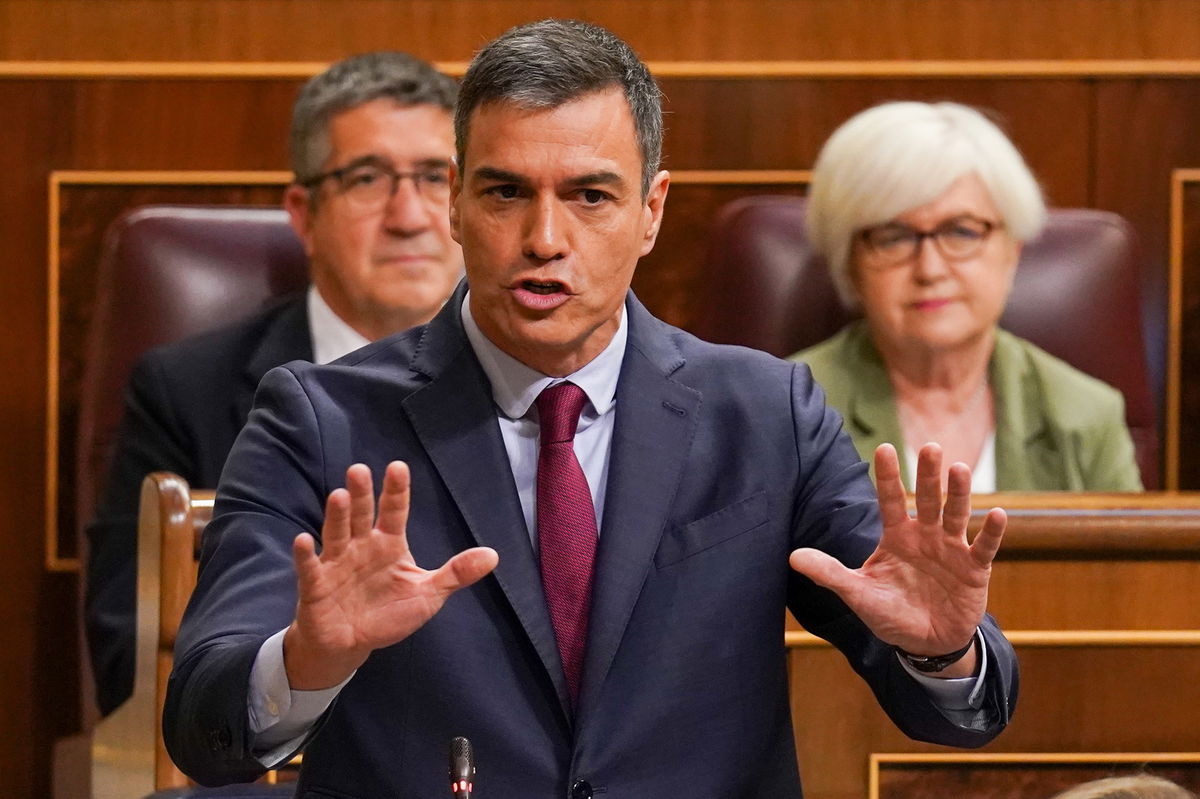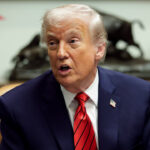Pedor Sanchez is against 5% of GDP that NATO wants to spend on its allies. Credit: ShutterStock
Spain is demanding exemption from NATO’s plan to increase member states’ defensive spending to 5% of gross domestic product. The move reported by Reuters on Thursday could derail the summit, which the military alliance plans to sign an agreement committing its target.
Spanish Prime Minister Pedro Sanchez sent a letter to NATO Secretary-General Jens Stoltenberg, requesting a “more flexible formula” that would either make spending targets an option or remove Spain from its application.
“It’s not only unreasonable to commit to a 5% target, but it also counterproductive as it further alienates Spain from optimal spending and hinders the EU’s continued efforts to strengthen security and defense ecosystems,” Sanchez wrote in the letter.
Legitimate rights of each country
However, Sanchez has made it clear that Spain does not want to interfere with the outcome of the NATO summit next week. President Donald Trump has called for all NATO countries to increase military spending, but for this to happen, all 32 countries must agree.
Trump said his NATO partners were not spending fair shares on defense and threatened not to help those in short supply.
“It is the legitimate right of all governments to decide whether they are willing to make those sacrifices. As sovereign ally, we choose not to do so,” Sanchez added.
Spain has the lowest military spending among NATO members, with an estimated 1.28% of GDP. Sanchez agreed in April to accelerate its efforts to meet NATO’s current 2% target, but 5% appears to be out of the question. The Prime Minister said Spain will raise its defense budget by 10.5 billion euros ($12 billion) in 2025 in order to achieve its NATO target of 2%.
Russia could attack by 2032
At his Spanish home, more defence spending is not popular among some of Sanchez’s allied partners. When Sánchez announced in April that Spain would reach NATO’s previous 2%, the Union Partners, primarily from the left, expressed anger.
Spain is not merely opposed to an increase in its defence budget. Belgium, Canada and Italy will also struggle to increase security spending billions, the AP noted.
The key question still being answered is what time frame countries will be given to reach the agreed new spending targets. However, Latte proposed 2032, saying that Russia could be ready to launch an attack on NATO territory by 2030.








